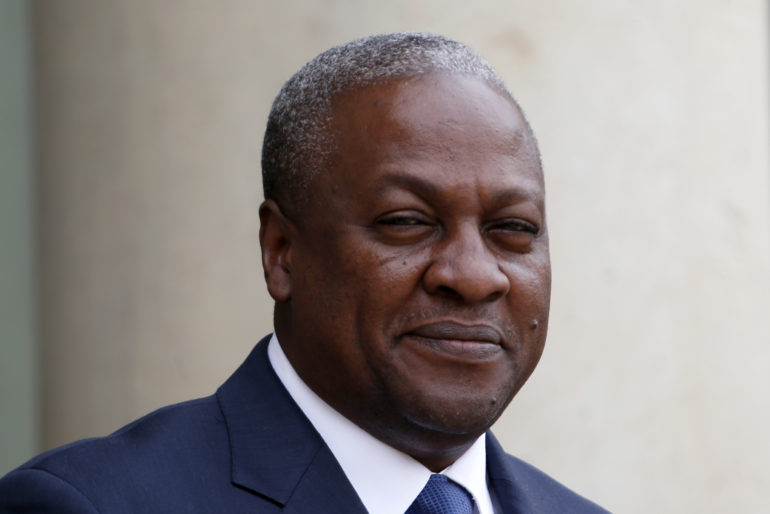Why Does The US Have A Law Prohibiting Accepting Former Guantanamo Bay Prisoners Yet We’re Here Gleefully Taking Them?

Mahmud Umar Muhammad Bin Atef, an admitted member of the Taliban who fought for Usama bin Laden, was transferred from Guantanamo to the government of Ghana. (Department of Defense)
The Government of Ghana seems to have drawn the ire of every Ghanaian with their brain dead decision to accept from the United States of America, two former inmates of the notorious terrorist holding camp at Guantanamo.
It has sparked a massive debate about what possible incentives could have led to government deciding to accept these two guys, especially when there was no indication that the United States had any plan to resettle them on their homeland- and considering the resumes of these two guys in regards to past terrorist activities.
According to Fox News, Bin Atef “is an admitted member of the Taliban and fought for Usama bin Laden, while [the other] Al-Dhuby trained with Al Qaeda in Afghanistan.”
This issue of closing down Guantanamo Bay has been a big one in the United States, considering it was one of the main promises of the then Senator Obama. So it is something he has been trying to accomplish for a while.
And late last year, both US houses debated the issue, passing a bill prohibiting the government spending money to resettle any of the detainees in the United States. The bill passed through the Senate 91-3, whilst the House of Representatives passed it by 370-58. Note the near unanimity in the voting for the passage of both bills.
According to NBC News, the bill “explicitly prohibits the Obama administration from transferring Guantanamo Bay detainees to the United States or using funds to build or modify a prison in the United States to house those detainees.”
So we have the reluctance of the country freeing these detainees to house them, plus their known records, plus the warnings of this intelligence official- and one has to wonder what the hell the government of Ghana officials were smoking when this deal was struck?
Of course, the US is a powerful nation- they have persuaded over twenty other nations to resettle such people- but some of them are advanced nations with proper intelligence services which the citizens of such nations can be sure has their backs in pre-empting any possible attacks. It is difficult to make that same argument for Ghana.
And the country which has the CIA and the NSA and countless other acronymic intelligence agencies explicitly did not want these guys. We know the US has several reactionary elements, and their politics can be insane at times; but being cautious of alleged terrorists just seems, to borrow a phrase from ‘Deadwood’, good ‘f**king’ sense.
Again, the distinction can be made between helping people fleeing war and other problems in their countries, and people who were kept in a prison like Guantanamo Bay for 14 years. If they cannot be resettled in their homeland, but can be released- then the country that created the mess has the responsibility to solve it, and not by pawning it off on others.
But then, our leaders were all too willing participants, I’m sure. It is an election year, after all; and quid pro quo deals with the United States are always worth one’s while.




